
Live-fire environments run on rules, not improvisation. That includes language. Some phrases instantly signal a break in focus, control, or understanding. Ranges don’t allow guesswork, and these common remarks are treated as warning signs—no matter how casually they’re said.
“Something’s Off Here”

There are few words more unsettling on a firing line. Ranges train staff to react immediately to vague statements like this, especially when they might suggest a negligent discharge. It’s safer to be clear and specific because anything that sparks doubt can bring operations to a complete stop.
“I Forgot My Eye Protection”

This statement can delay the session, and in many cases, it can end it altogether. Eye protection is non-negotiable in any live-fire environment since flying brass, gas discharge, and ejected fragments make it essential. If you forget it, most ranges will halt the line and ask you to leave.
“Where Do I Point This Again?”
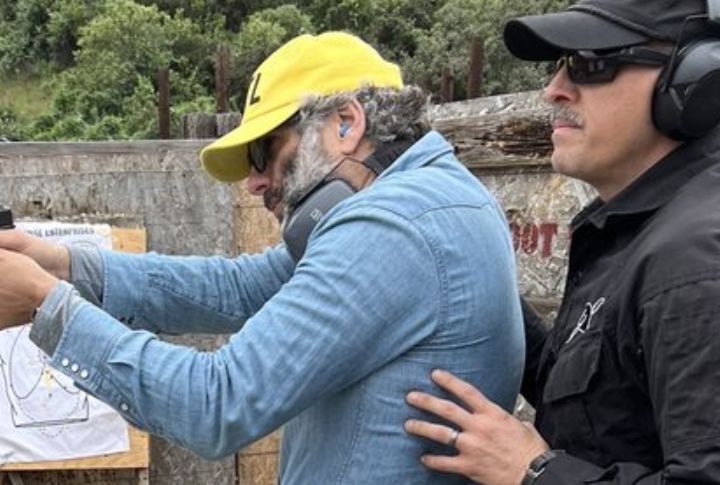
There’s only one correct answer: always downrange. Uncertainty about muzzle direction makes everyone nervous, and it’s one of the fastest ways to lose range privileges. The second someone says this, the staff will intervene because it signals a lack of readiness to be on the line.
“Wait, Is This Already Loaded?”
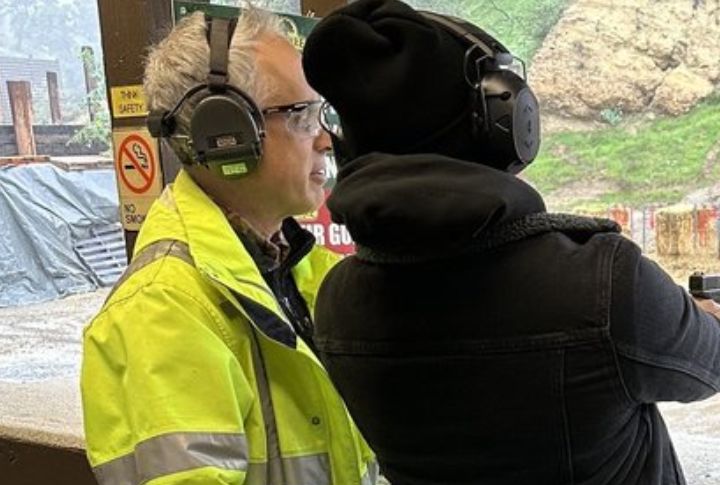
It may sound innocent, but this question can shut down a firing lane. Gun safety Rule #1 says to treat every firearm as loaded, always. Asking this out loud signals negligence, and instructors interpret it as a red alert. Most ranges will eject you on the spot.
“What If I Do This Instead?”
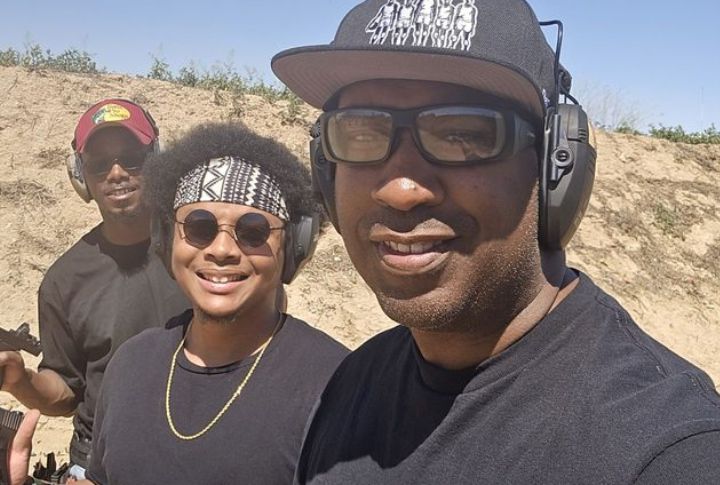
That kind of improvisation doesn’t belong anywhere near live ammunition. Firearms handling requires precision and predictability, and ranges do not tolerate experimentation. Phrases like this suggest the person is about to ignore safety steps, which has led to immediate bans at many facilities after just one warning.
“I’ve Never Done This Before”
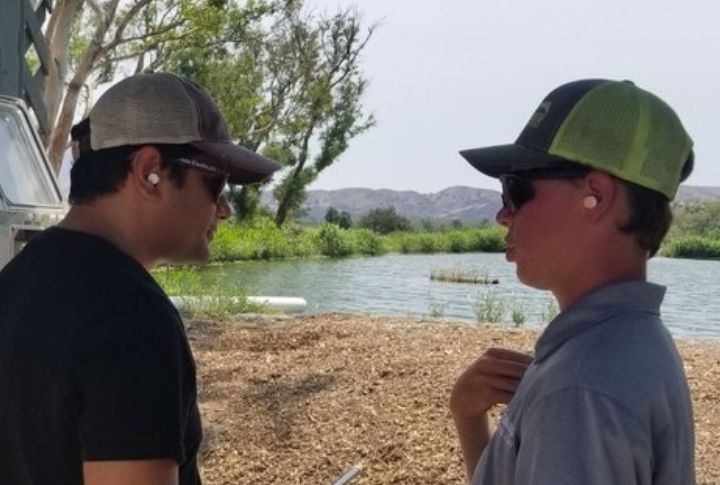
There’s a time and place to admit you’re new, but not during live fire. Saying it then causes immediate concern, and staff may halt the session. Ranges expect you to disclose your inexperience early so they can walk you safely through procedures before anyone loads a single round.
“Watch What I Can Do”

Some of the worst accidents follow those five words. Ranges are not performance stages. “Watch What I Can Do” implies a risky stunt or unsanctioned move, and instructors take that seriously. Most facilities train staff to intervene immediately when someone appears to be more focused on showing off than shooting safely.
“Bet I Can Hit That Faster”
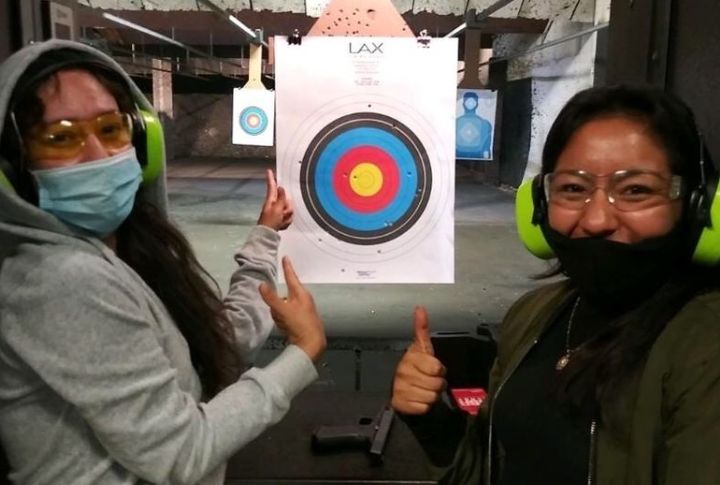
Ranges are built for consistency, not speed duels. When someone tries to turn the line into a competition, the risk of misfire rises sharply. Facilities emphasize control over flash, and they will suspend participants whose remarks encourage rushed shots or distracted focus.
“This Is Just Like Call Of Duty”
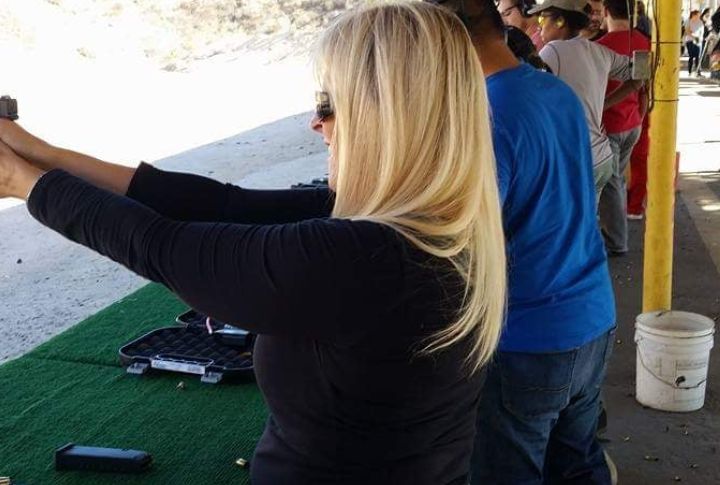
A remark like this shows you’re not treating live ammunition with the seriousness it requires. Comparing firearms to video games suggests poor judgment. Instructors are trained to watch for these comments and reassess the person’s readiness to stay on the line under real-world conditions.
“I Think It Jammed—Want To Check It?”
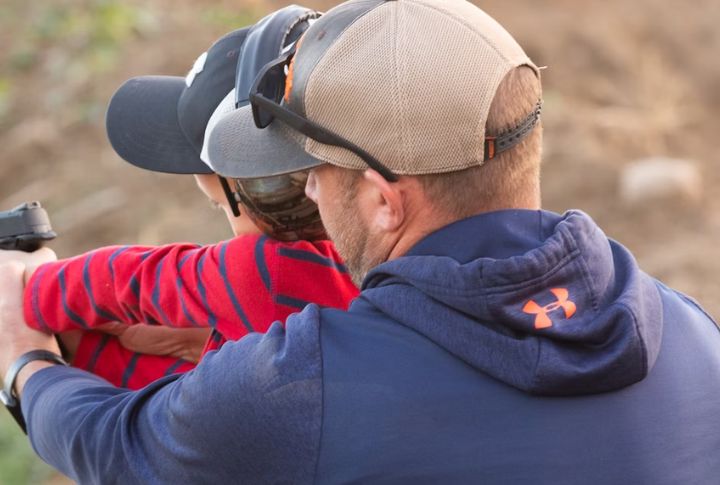
This question breaks every rule of jam protocol. If a firearm jams, you place it safely down, point downrange, and notify staff. Asking another shooter to inspect a malfunctioning weapon is dangerous, and most facilities ban this kind of informal, unsafe handoff entirely.
“What If I Aim At That Sign?”

Even a joke like this can get you banned. Shooting ranges prohibit firing at anything outside designated targets, and signage is in place for safety and liability purposes. Threatening property—seriously or sarcastically—violates user agreements and often results in immediate ejection and possible legal consequences.
“I Don’t Trust These Bullets”
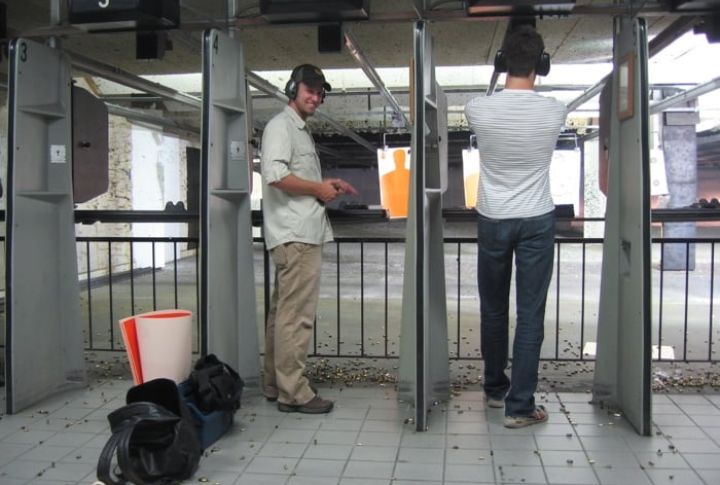
Ammunition concerns must be addressed immediately, not casually brought up in conversation. If you suspect an issue with your rounds, stop shooting and alert staff. Continuing to fire questionable ammunition can cause damage or injury. Ranges takes such remarks seriously and will pause your session to inspect.
“Why Isn’t Everyone Wearing Vests?”
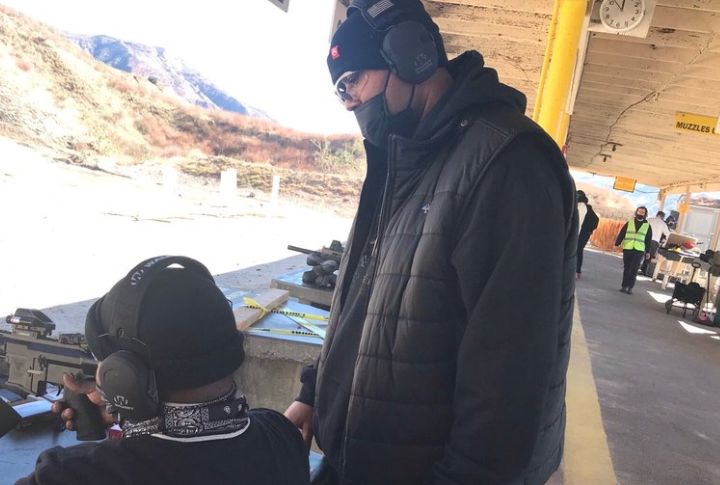
The question reveals a misunderstanding of how ranges operate. Bulletproof vests are not required because these facilities are engineered for safe containment. Asking this may trigger anxiety in others, especially newcomers. It also suggests you haven’t been appropriately briefed on the safety design of the space.
“Can I Try It With My Eyes Closed?”

Even if meant as a joke, this question is no laughing matter. Blind shooting violates core safety rules. Staff are trained to react quickly to any comment that implies rule-breaking, and many facilities have removed shooters who thought humor could override protocol.
“Do You Think They’ll Notice If I…”
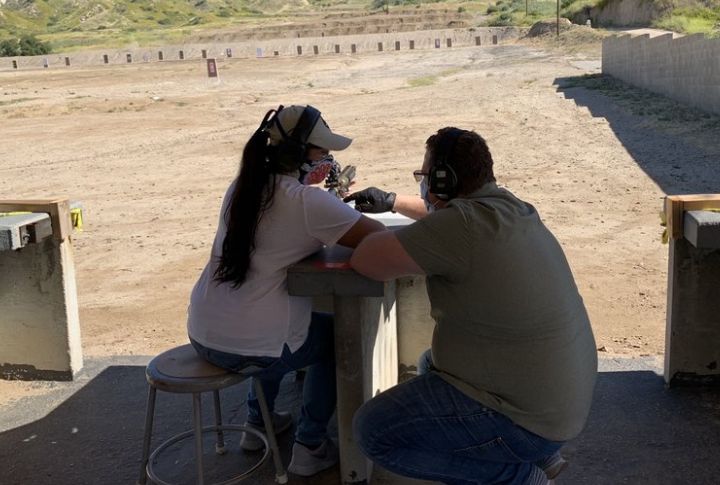
That’s precisely the kind of line that gets noticed. Implying a plan to bend the rules—whether in jest or not—is treated as a red flag. Surveillance covers nearly all modern ranges, and staff are instructed to act quickly when anyone speaks with concealed intent.
“Hold My Beer”

Firearms and intoxication are legally and ethically incompatible, which is why alcohol references are strictly off-limits. Even casual remarks like this trigger concern. Ranges do not tolerate any language that links drinking with shooting. Shooters have been removed immediately for joking about it, regardless of intent.
“It’s Just A .22—Not A Big Deal”

Instructors may halt activity when someone implies that a small round doesn’t deserve serious handling. Minimizing a .22’s risk undermines the range’s safety culture. Ranges apply the exact expectations to every caliber. This phrase dismisses the power of a firearm that can still cause fatal injury.
“I Feel Like I’m On A Mission”
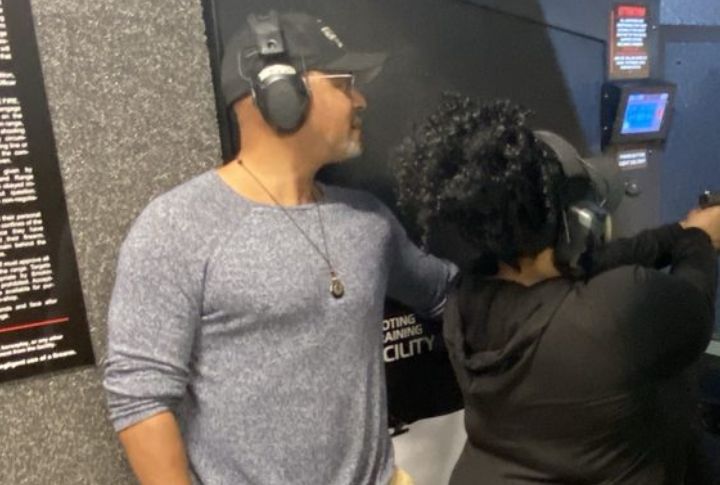
Romanticizing weapons makes others uneasy. When someone talks like they’re role-playing a tactical scene, it shifts the tone from focused discipline to imagined combat. Ranges require professionalism and calm. Staff often begin observing shooters more closely when they hear language that suggests glamorized violence.
“I’ve Seen This Trick On Screen Before”
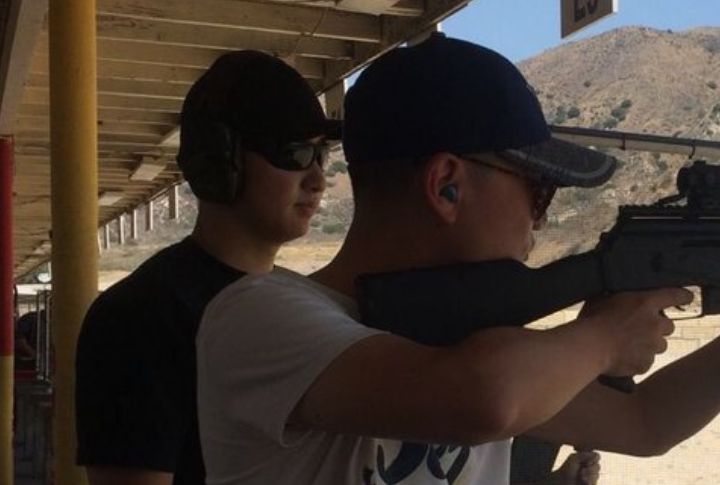
Bringing up action scenes at a live range might seem harmless, but it often signals a mindset disconnected from real safety protocols. When someone casually references a movie stunt, range staff know to pay attention. Many have seen what happens when fiction meets poor judgment.
“I Didn’t Mean To Fire”

Unintentional discharges are treated as serious safety violations that must be documented. Even a momentary lapse can put everyone in the lane at risk. Saying this confirms the shooter lost control of their firearm. This simply reflects a failure in safe handling that has already placed others at risk.

